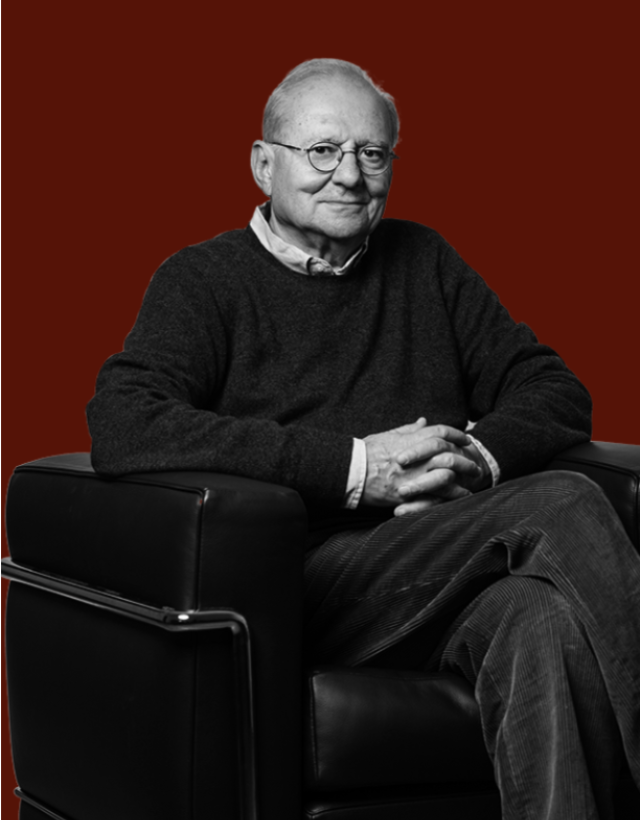This is the central conclusion carried out in a new study by the Berlin-based Center for Analysis, Strategy and Monitoring (CeMAS) which is exclusively funded by the Alfred Landecker Foundation.
The study "Q vadis? The spread of QAnon in the German-speaking world" contains representative data established via a survey, that demonstrates both the spread and resonance of QAnon conspiracy narratives. This data is supplemented by an analysis of the reach of German-speaking channels and groups on Telegram that fall within the QAnon spectrum.
The QAnon movement is based, among other things, on the so-called "Deep State" myth, according to which a secret elite has brought the USA under its control. Again and again, QAnon supporters spread anti-semitic and anti-democratic content.
The following key findings emerged from the study:
- More than one in ten people in Germany agree with QAnon conspiracy narratives.
- AfD and FPÖ voters in particular are more likely to believe in QAnon conspiracy narratives.
- Almost half of the currently unvaccinated people in Germany and Austria believe to some extent in QAnon conspiracy narratives.
- QAnon content continues to be very popular on Telegram: messages reach hundreds of thousands of accounts in German-speaking countries every day.
Global crises fuel the QAnon movement. At the start of the Covid19 pandemic, QAnon experienced enormous growth in membership and reach in German-speaking countries. Josef Holnburger, co-director at CeMAS, reminds us that other catastrophic events can also act as a catalyst; "with the invasion of Ukraine, we are seeing a wider reach of the scene again. Every catastrophe is used to spread their narratives of a global, supposed conspiracy - in their final analysis, the milieu around QAnon wishes for war and chaos".
Pia Lamberty, co-director at CeMAS, explains the significance of the results; "Society must learn its lessons from the pandemic: Conspiracy narratives and disinformation are not only a challenge in managing crises, but an attack on democratic values".


